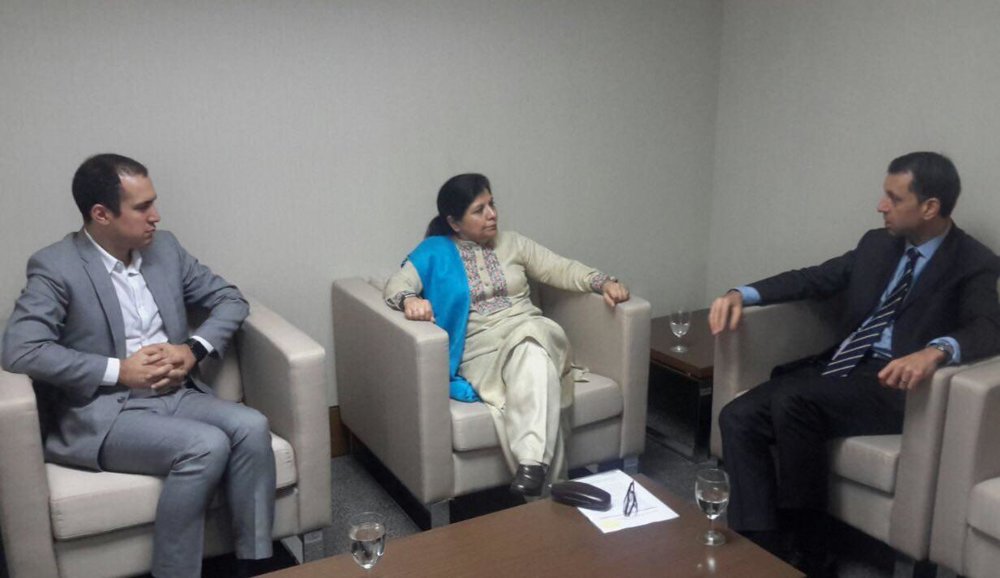Iran highlights sand, dust storms in Asia-Pacific Carbon Forum

TEHRAN — Iran has once again remarked the importance of addressing sand and dust storms on the international scale, ISNA reported.
Kaveh Madani, deputy head of the Department of Environment on Research and Education and acting head of International Affairs and Conventions, has urged the United Nations to promote regional cooperation to reduce the detriment of sand and dust storms emphasizing the necessity for establishing a regional center for sand and dust storm warning advisory and assessment system in the region.
Madani made the remarks over a meeting with Shamshad Akhtar, Under-Secretary General of the United Nations as the head of UN Economic and Social Commission for Asia and the Pacific (UNESCAP), on the sidelines of the Asia-Pacific Carbon Forum 2017, held in Bangkok, Thailand, on December 13-15.
He further expressed readiness for setting up the center in Iran and pledged full cooperation with it.
Sand and dust storms, originating from hot spots in neighboring countries mostly in Iraq, Saudi Arabia, Afghanistan, and Syria, or dried up wetlands in Iran are causing a great deal of discomfort to habitants in some south western and south eastern provinces of Iran.
Iran has been working hard to garner international attention and cooperation to tackle this predicament. The International Conference on Combating Sand and Dust Storms which was held in Tehran on July 3-5, 2017 was one of the outcomes of these efforts gathering some 35 countries to discuss the issue of sand and dust storms internationally.
Head of UNESCAP, Akhtar, for her part, hoped for establishment of a sand and dust storm warning advisory and assessment system in Asia and Pacific Region.
The two sides agreed upon giving a top priority to sand and dust storms by launching a United Nations office for disaster risk reduction which is set to be launched in Iran in the near future.
MQ/MG
Leave a Comment